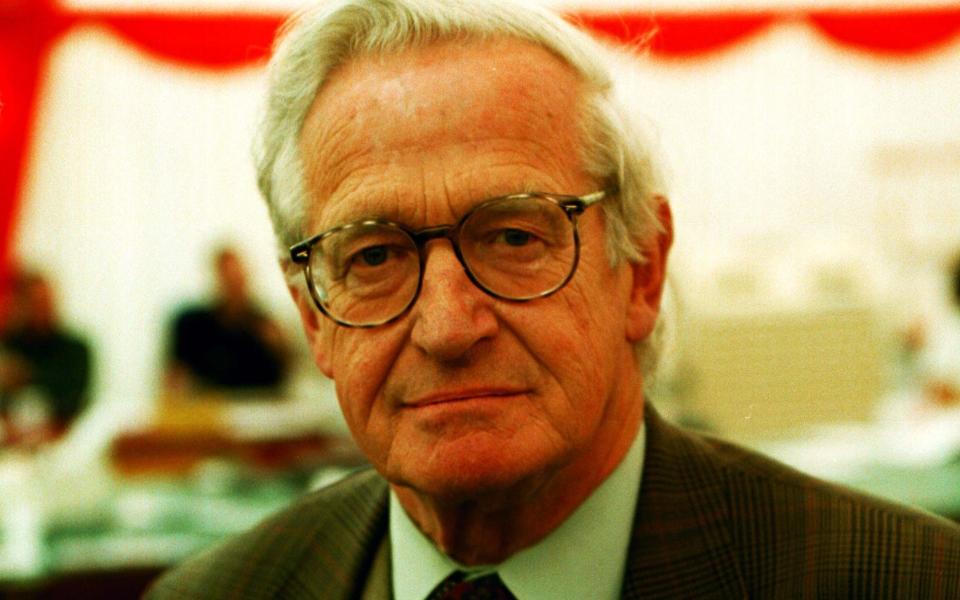Alan Smith, former Telegraph equestrian correspondent, dies aged 89

Alan Smith, who was equestrian correspondent of Telegraph Sport for 48 years, covering 10 summer Olympics, eight winter Olympics as its skiing correspondent and every major equestrian championship between 1960 and 2008, has died, aged 89.
Professional, dogged in pursuit of a story, a walking encyclopaedia of results and kind to young writers following him into the profession, Smith set a very high standard of equestrian journalism in the glory years of show jumping and eventing. He fell into journalism.
He turned down a place at Reading University because his father was ill and someone in the family had to make a living. He joined the Brenards Air News agency which was based at Heathrow, then a collection of Nissen huts.
He then had a spell working on pedigrees for the British Bloodstock Agency – his love of racing never left him and he continued to have shares in racehorses until his death – before being taken on by the Telegraph racing desk. One day the deputy sports editor asked him if he would like to cover “a bit of show jumping” and he never looked back.
At the time, show jumping was televised – football officials approached the show jumping authorities to find out how they could promote their sport as successfully – and every newspaper had an equestrian correspondent. At the Seoul Olympics it was all hands on deck when Ben Johnson, the 100 metres champion, was disqualified for doping, and Smith ended up helping to cover that too. “I felt like a proper newspaper man for once,” he said.
Smith was on numerous committees including the FEI (show jumping) World Cup, and he had a lasting friendship with Prince Philip, who was president of the FEI for 22 years. One of the doyens of his profession, he was well able to let his hair down and press officers at the big events understood that they not only should provide wine, but fine wine.
One night at a press dinner in a Dublin restaurant his jacket caught fire on a candle, earning him the sobriquet the “Olympic flame”. Once told by the great Ian Wooldridge that he had the best job in Fleet Street, he replied that he would not disagree. “I’ve loved every minute of it,” he said.

 Yahoo Sports
Yahoo Sports 
